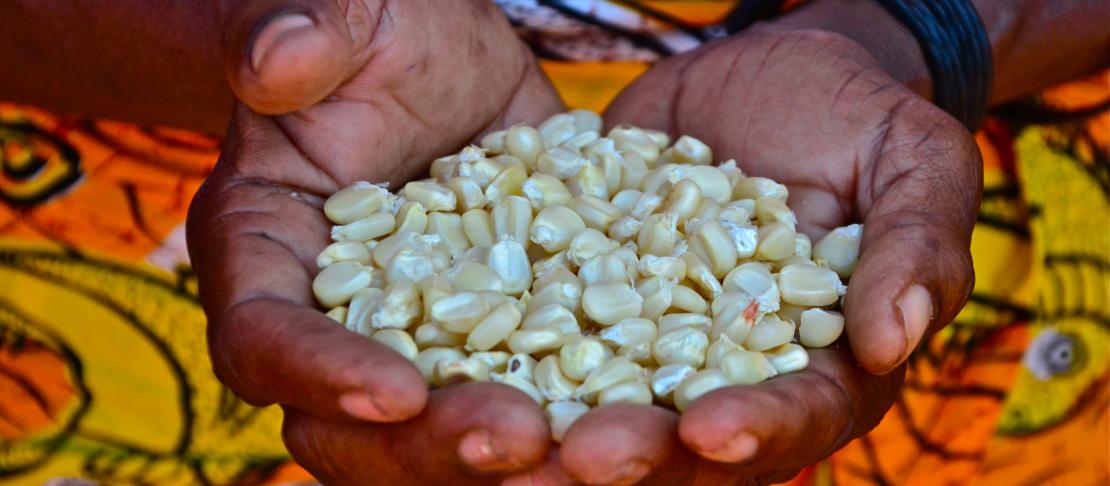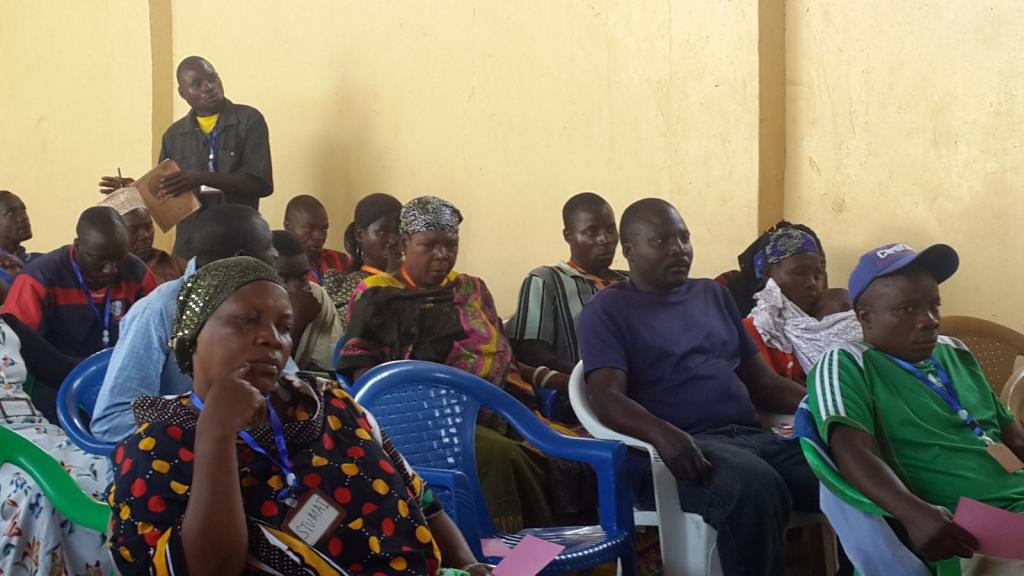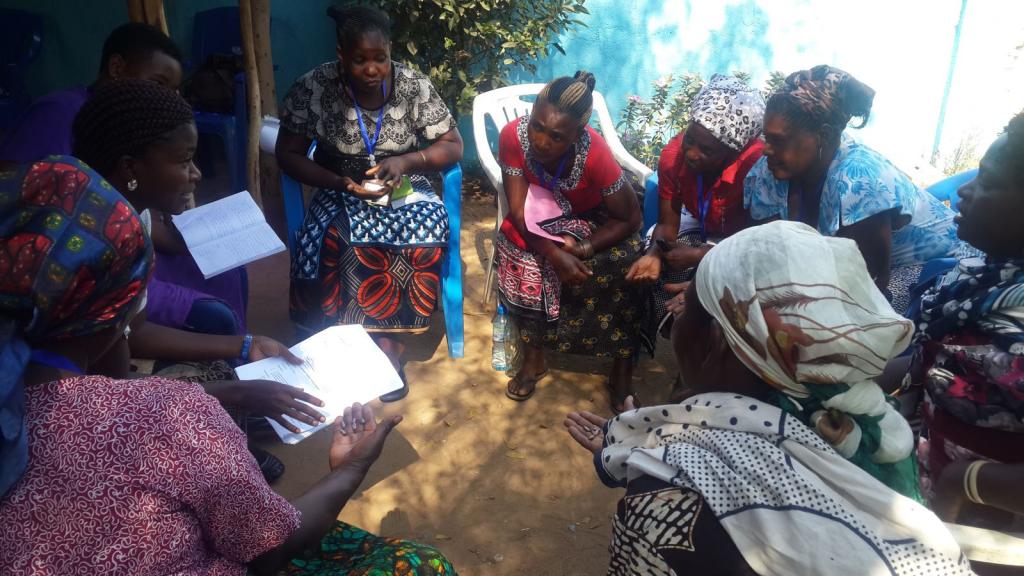Prioritizing climate-smart agriculture: what criteria do farmers use?

Participatory research bridging the gap between farmer knowledge of climate-smart agriculture and implementation on the ground.
The International Center for Tropical Agriculture (CIAT), under a project funded by the International Fund for Agricultural Development (IFAD) titled, 'Increasing food security and farming systems resilience to climate change through wide scale adoption of CSA practices', has recently applied a participatory research approach to understand the indicators farmers use to prioritize CSA practices on their farms.
Focusing on northern Uganda and the Southern Agricultural Growth Corridor of Tanzania (SAGCOT), there is data showing a gap between farmers’ knowledge of climate-smart agriculture and implementation on the ground.
The participatory research approach provided a characterization, by farmers, of the different agro-ecological zones in their districts. This characterization then helped to identify the practices perceived to be most relevant in the different zones, which ones the farmers find relatively easy to implement, and which ones will require policy efforts to address barriers to uptake. Furthermore, incorporating a gender lens, whereby separate groups of men and women discuss their zones, helped to understand differences and similarities in prioritization and perceived constraints.
The awareness-use gap and be interpreted in two important ways. The first is, there is a difference between awareness exposure – e.g., a farmer having heard about a practice – and knowledge exposure – e.g., farmers having the technical knowhow.
In making a decision about whether or not to undertake a specific CSA practice, farmers reported that they consider their knowledge of and skills in actual implementation of the practice. Therefore, moving beyond just making farmers aware of CSA to actually training them on how to use the practices might increase uptake. Second, besides knowledge, yield, income, costs, availability of labour, availability of equipment, size of the farm, time, and availability of inputs are equally important indicators that farmers use to prioritize CSA.

A farmer in Kilolo explains why he practices burning and what he observes after burning. Photo: Kelvin Shikuku and Caroline Mwongera
The project aims to relate biophysical realities from land health assessments with farmers’ perceptions in order to develop participatory prioritization of CSA practices. For example, in the SAGCOT, farmers who live in erosion-prone areas identify construction of bunds and ridges as a relevant practice for their zone. However, due to the limited size of land, they also report that construction of bunds reduce the amount of land available for cultivation.
So what is the way forward to unlocking the potential of CSA? Creating a conducive environment for CSA is imperative and will largely depend on how well farmers and the specific contexts in which they work are understood.
Addressing the constraints identified by farmers is key and successful adoption will further require quantifying the potential and actual impacts of CSA on the indicators identified by farmers such as yields, income, labour, and cost of production.

Farmers in Mbarali – Rujewa rank the different indicators that they use to prioritize climate smart agriculture practices. Photo: Kelvin Shikuku and Caroline Mwongera.
- design demonstration plots for the most relevant practices identified by men and women farmers from diverse agro-ecologies,
- design household surveys to collect quantitative data to assess the impacts of CSA on the important indicators identified by farmers as well as conduct rigorous analysis of the determinants of uptake of CSA practices and
- design randomized control trials (RCTs) to examine the role of social learning and incentive schemes to increase knowledge spillover on CSA while quantifying the trade-offs involved in adoption.
Together, this information will improve farmers’ knowledge on CSA and provide insights on overcoming barriers to implementation of CSA practices.
Learn more
Read: Research highlight about the work of the Policy Action for Climate Change Adaptation (PACCA) project, which forms a crucial part of CCAFS Policies and Institutions Flagship research.
Read blog story: Climate change learning alliance goes into action
More blogs from the PACCA project.
Kelvin Shikuku is a PhD Student in Development Economics at Wageningen and CIAT. Caroline Mwongera is a Postdoctoral Scientist in Agricultural and Climate Change at CIAT. Leigh Winowiecki is a Soil Scientist at CIAT.
This blog was edited by Marie Quinney, a visiting research at CIAT.



